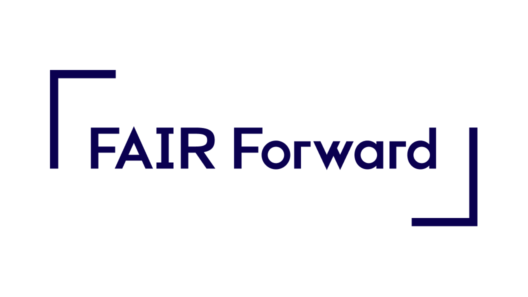At a glance
The Ghanaian government is confronted with the challenge of offering its young and rapidly growing population prospects for economic and social development. Despite strong economic growth, economic development cannot keep pace with the increasing demand for productive, decent employment. The main challenges in the labor market are widespread underemployment and precarious working conditions, especially among youth and young adults. In addition, Ghana is characterized by significantly unequal income and tenure statuses. Women are systematically discriminated against the access to the labor market. For example, income opportunities are often higher in male-dominated occupations and career advancement opportunities for women are generally lacking.
Start-ups and small enterprises form the backbone of Ghana’s economy, but growth prospects in the informal and formal economy are increasingly hampered by low productivity and competitiveness, especially in the context of global trade. The reasons for this are manifold: the majority of the predominantly young workforce and job seekers, as well as business owners, miss sufficient professional and entrepreneurial skills as well as access to finance. The rapid arrival of digital technologies is opening up numerous new market opportunities for existing companies and potential start-ups, but also towards challenges of the global competitive market. A large part of Ghana’s workforce is still employed in agricultural sector, which will be exposed to increasing risks from climate change in the future. Therefore, the task of digital transformation in Ghana is to build on existing structures and address old as well as new problems using digital technologies. To support the partner government in meeting these challenges, the Digital Transformation Center Ghana was opened in 2020. Here, as well as in all other regions of the world, Digital Transformation Centers are placed alongside our partners to promote self-determined and human-centered development in the digital realm. They support local digital ecosystems in developing digital solutions to everyday challenges and promote innovation, technical skills, education, and access to the internet.
Our approach
The Digital Transformation Center Ghana works with a broad spectrum of political, private-sector and civil-society partners. This ensures that the opportunities and risks of the digital transformation are equally addressed. This approach creates conditions not only for elites but also for wider sections of the Ghanaian population to benefit from digital innovations – especially women, young people and people with disabilities. To close the gender digital divide, the Digital Transformation Center Ghana follows a gender transformative approach, meaning that both men and women are engaged in promoting gender equality and changing current gender norms. The following projects are presented in the Digital Transformation Ghana:









